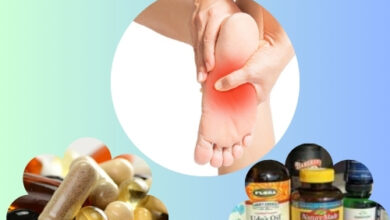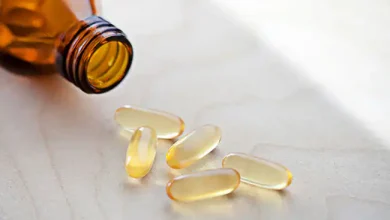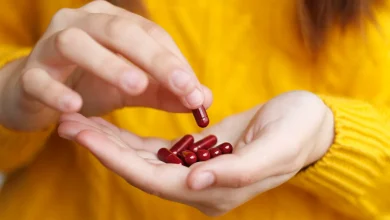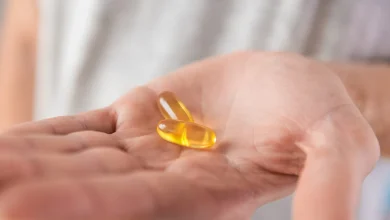Natural Vitamins for Oily Skin
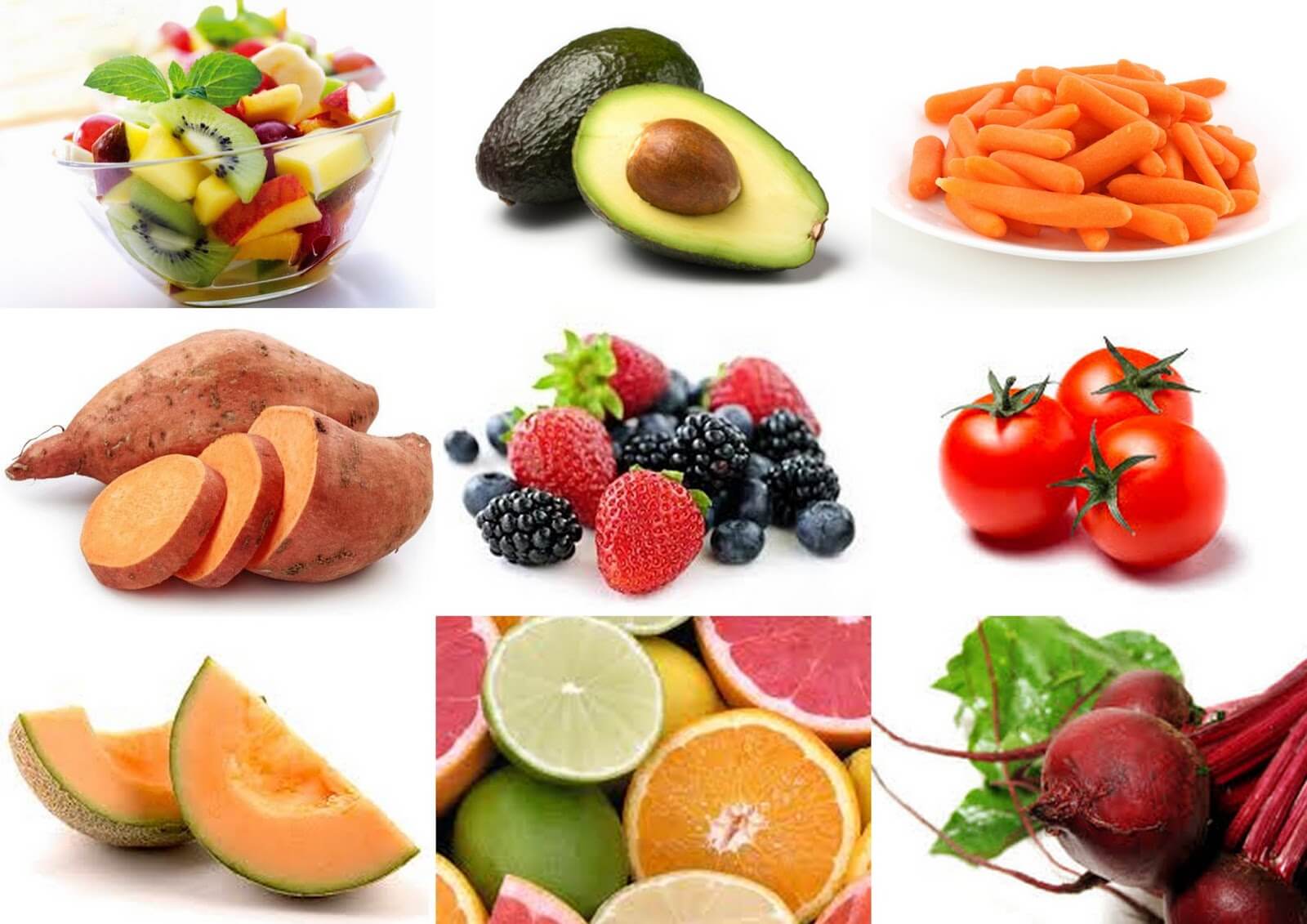
Vitamins play the essential role in protecting the overall health and keeping your skin clean and flawless. On the other hand, it is difficult to consume sufficient vitamins through the everyday diet. As a result, the skin may suffer a lot of problems and other matters, including dryness, acne and dullness.
Dry skin needs Natural Vitamins. So does oily skin. If you have dry skin, you should enhance the intake of vitamin A, vitamin C, B vitamins, vitamin E, and vitamin K. How about the oily skin and acne-prone skin types?
Why does one have Oily Skin
Oily skin is due to over production of the sebaceous glands in our skin. These glands produce oil to keep the skin soft and supple, but too much oil, leads to an oily skin. Over production can be hereditary, can be triggered by the incorrect diet, or may be the result of a hormonal imbalance.
Types of Oily Skin
You may have oily skin type if you have these following signs:
- Your whole skin looks greasy all the time
- Your makeup does not last long
- You suffer from acne breakouts
- You have more large pores than people with normal skin type
- You have plenty of blackheads
- Your foundation changes color called “oxidation” a few hours after you apply
Which Vitamins Are Best Specifically For Skin?
All Vitamins for Skin are needed, but those connected with Skin Rashes when deficient include vitamins A, Bs, C, D, and Zinc and essential fatty acids.
Vitamin A
Vitamin A has antioxidant properties that support the removal of toxins, reduce oil production and help in the repair of skin tissue. Retinoid is derived from vitamin A and may reduce excess oil secretion when applied topically, as recommended by your dermatologist.
Vitamin A is available as an oral supplement; though; you can get it naturally and safely by eating Foods rich in vitamin A for example:
- Sweet Potato (Cooked) – 19218IU (384% DV) of vitamin A in 100g
- Carrots (Cooked) – 17033IU (341% DV) of vitamin A in 100g
- Kale, Cooked – 13621IU (272% DV) of vitamin A in 100g
- Butternut, Cooked – 11155IU (223% DV) of vitamin A in 100g
- Romaine Lettuce – 8710IU (174% DV) of vitamin A in 100g
- Dried Apricots – 12669IU (253% DV) of vitamin A in 100g
- Cantaloupe Melon – 3382IU (68% DV) of vitamin A in 100g
- Mango – 1082IU (22% DV) of vitamin A in 100g
- Bluefin, Cooked – 2520IU (50% DV) of vitamin A in 100g
- Sweet Red Peppers – 3131IU (63% DV) of vitamin A in 100g
Vitamin B
Eating more vitamin B2 and vitamin B5 rich foods will help balance secretion of oil glands of the skin. Good sources of vitamin B2 and vitamin B5 are organ meat, egg yolk, yeast, leafy green vegetables, wheat germ, tomatoes, melons, nuts, black beans, and whole rice. Vitamin B2 deficiency can also lead to age spots and pigmentation.
Vitamin B3
Apart from Vitamin B Complex, B2 and B5, B3 is helpful for the oily skin. It is a water-soluble form of vitamin B, which is used to fight against acne. B3 is called niacin as well and it is more and more occurring as an anti-aging cosmetic property. For instance, NIA 24 is a brand for Skin Care Products containing niacin and beloved by a lot of people.
Vitamin E
Dark spots can occur by a variety of factors for example aging, free radical damage, and liver problems. Vitamin E can deal with these problems. It is a rich source of free radical-fighting antioxidants. They help lessen free radical damage, which may have involved in the hyperpigmentation. Vitamin E also helps clear away dirt, grime as well as other impurities while it simultaneously maintains the oil balance of your skin.
An option to use Liquid Vitamins, E vitamin for skin is to take a few drops of vitamin E oil to wipe your face two times a day. Besides, another option for you to take vitamin E is through diet. Some of the foods that can give you the natural source of vitamin E are sunflower seed, avocado, spinach, kale, pine nuts, Swiss chard, turnip greens, mustard greens, parsley, and almonds.
Omega 3 Fatty Acids
An over-production of sebum may attract bacteria and dead skin cells, resulting in blackheads and acne. Omega-3 fatty acids help control the hormone androgen from producing too much sebum. Omega-3 fatty acids also help manage flaky skin before the start of blackheads and acne occurs. Cold water fish such as trout, sardines, salmon and mackerel have high levels of docosahexaenoic acid and eicosapentaenoic acid, which is used for omega-3 supplements. The recommended dose for adults is 1,000 mg per day.
Related Articles:
Natural Vitamin Supplements a Great Way to Stay Healthy
Get Beautiful and Gorgeous Skin with Natural Vitamins for Skin
Natural Vitamin E Oil for Skin and Healthy Hair
Where Are the Sources of Natural Vitamins?
Natural Vitamins and Minerals Supplements for your Kids
Natural Vitamins Take during the Summer Season
Natural Vitamins for Women Health That a Woman Really Needs
Natural Vitamins for Kids Skin and Hair Health That are Found in Food
Natural Vitamins A Great Way to Stay Healthy in Daily Life
Natural Liquid Vitamins for Skin Care
By : Natural Health News

